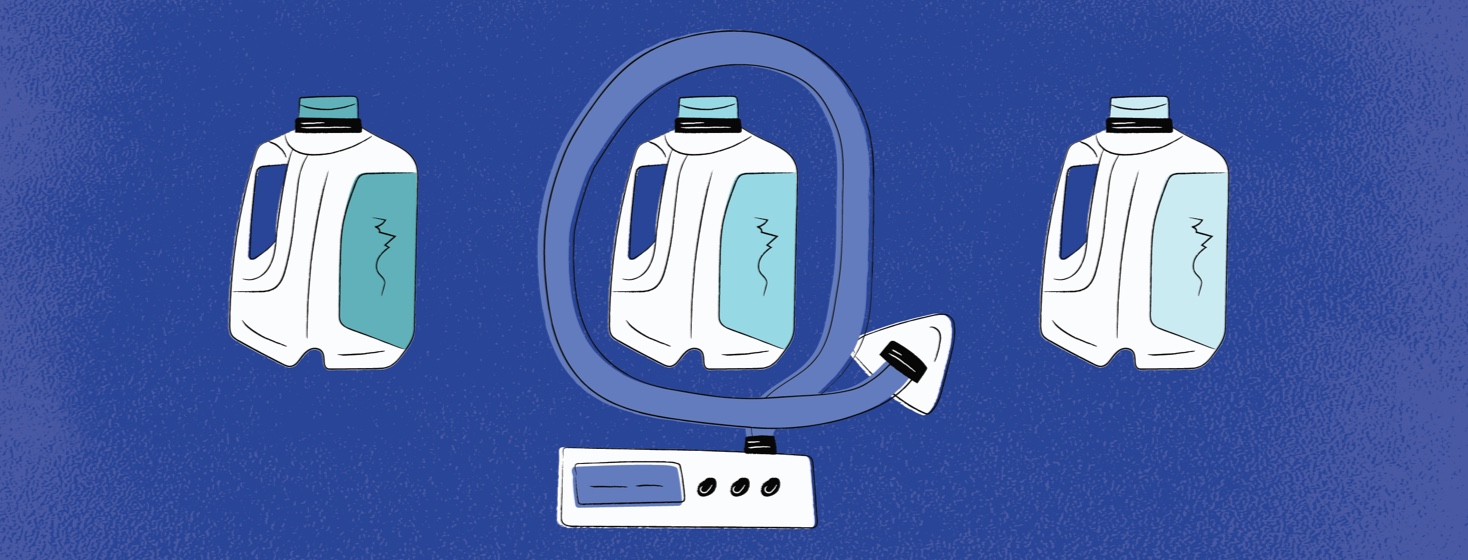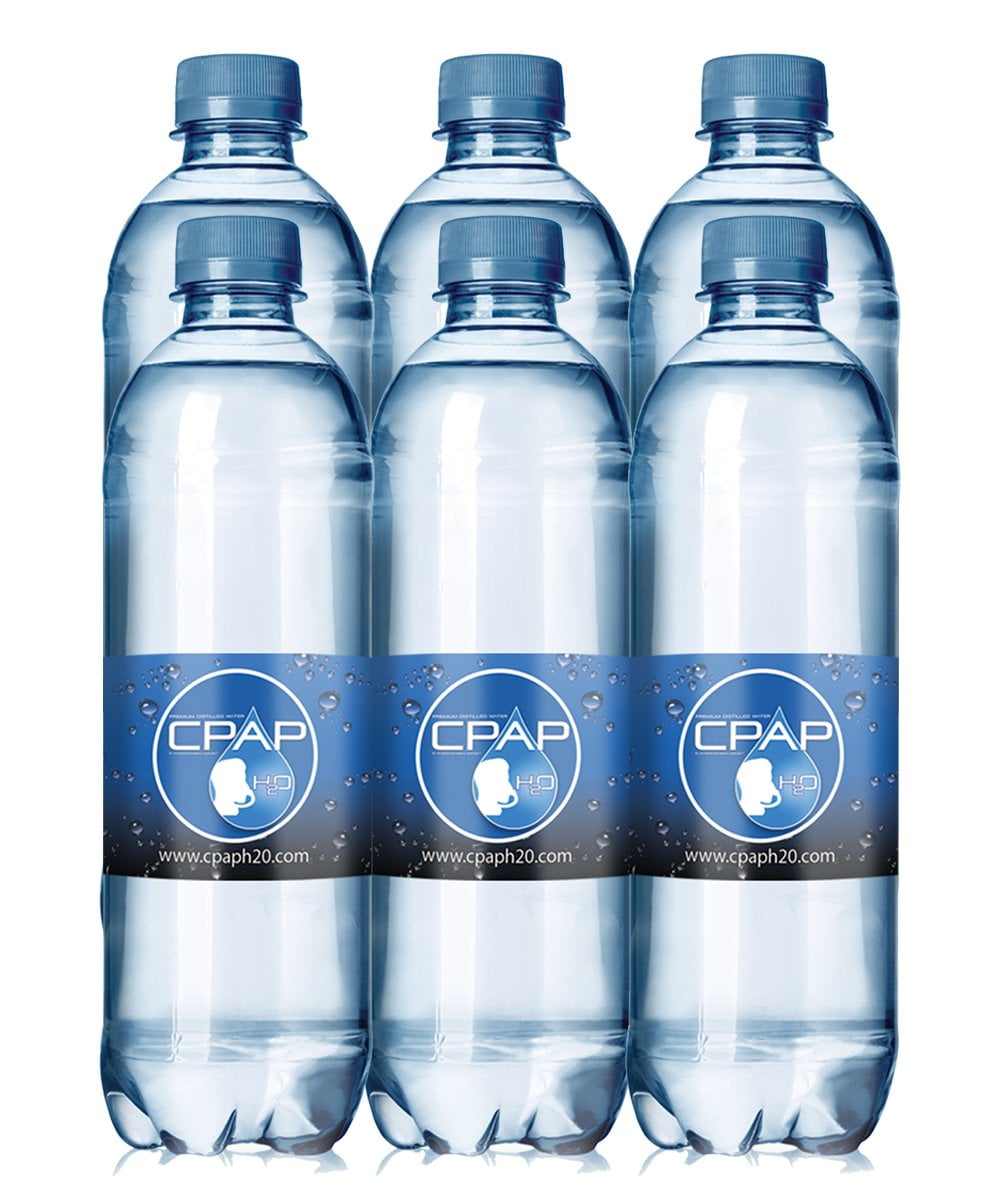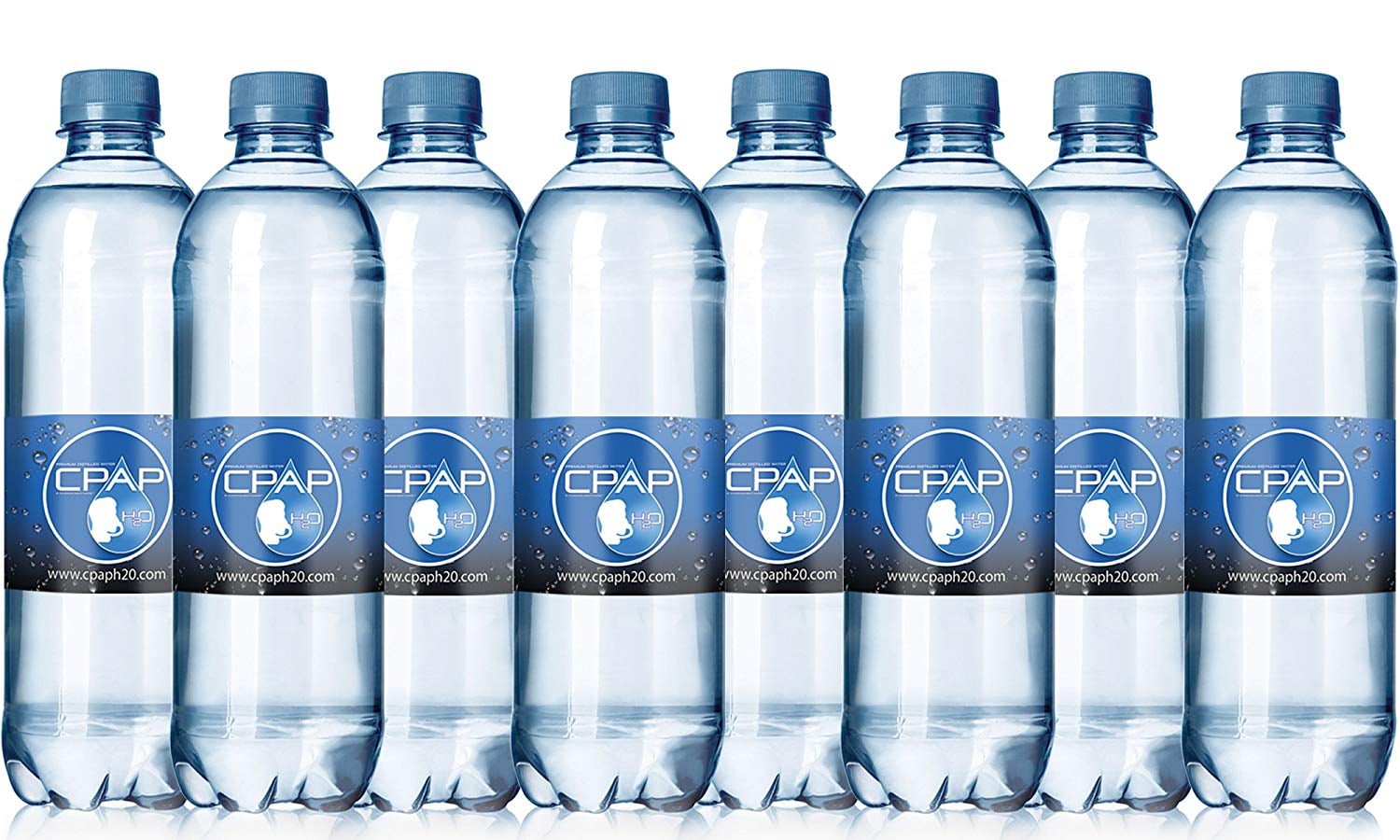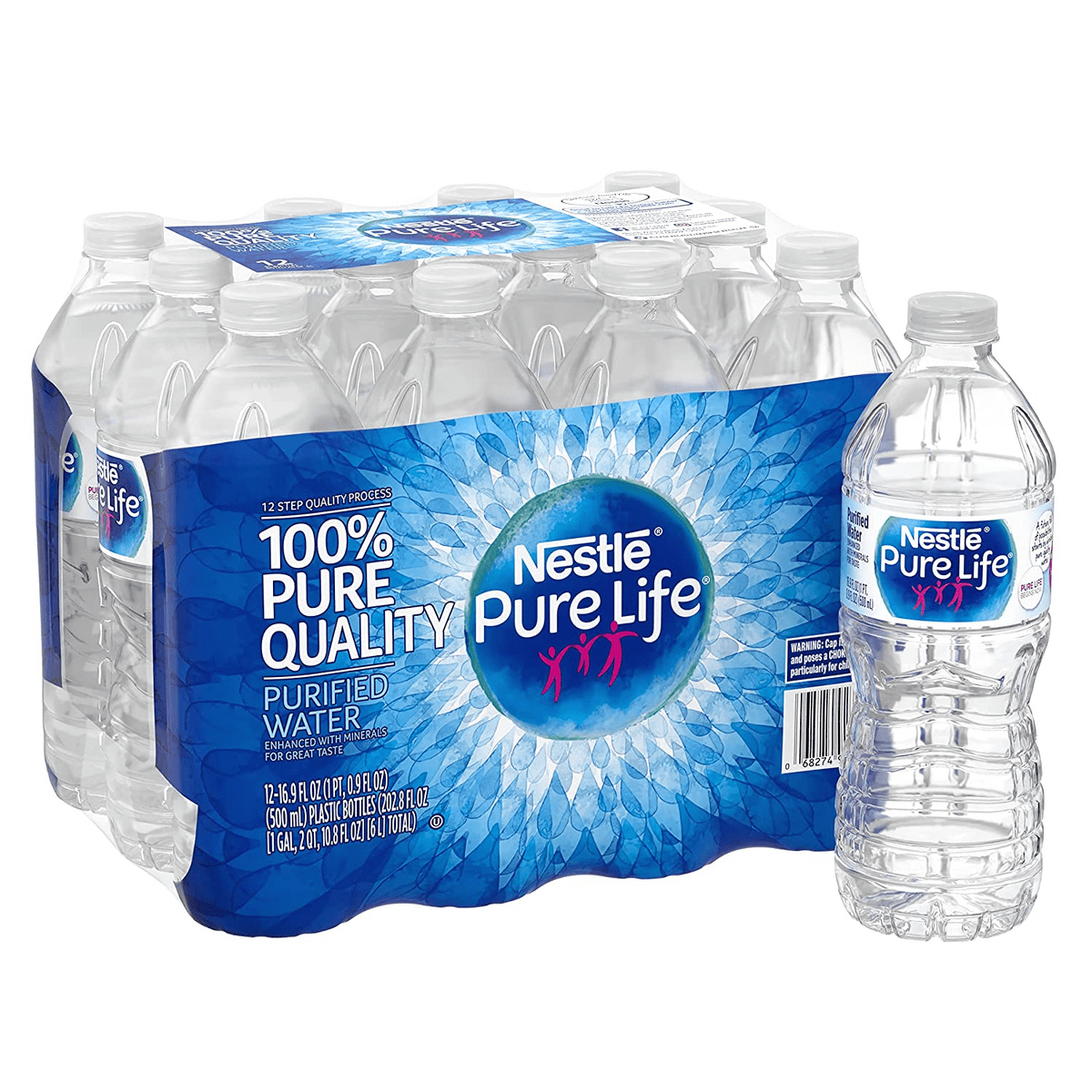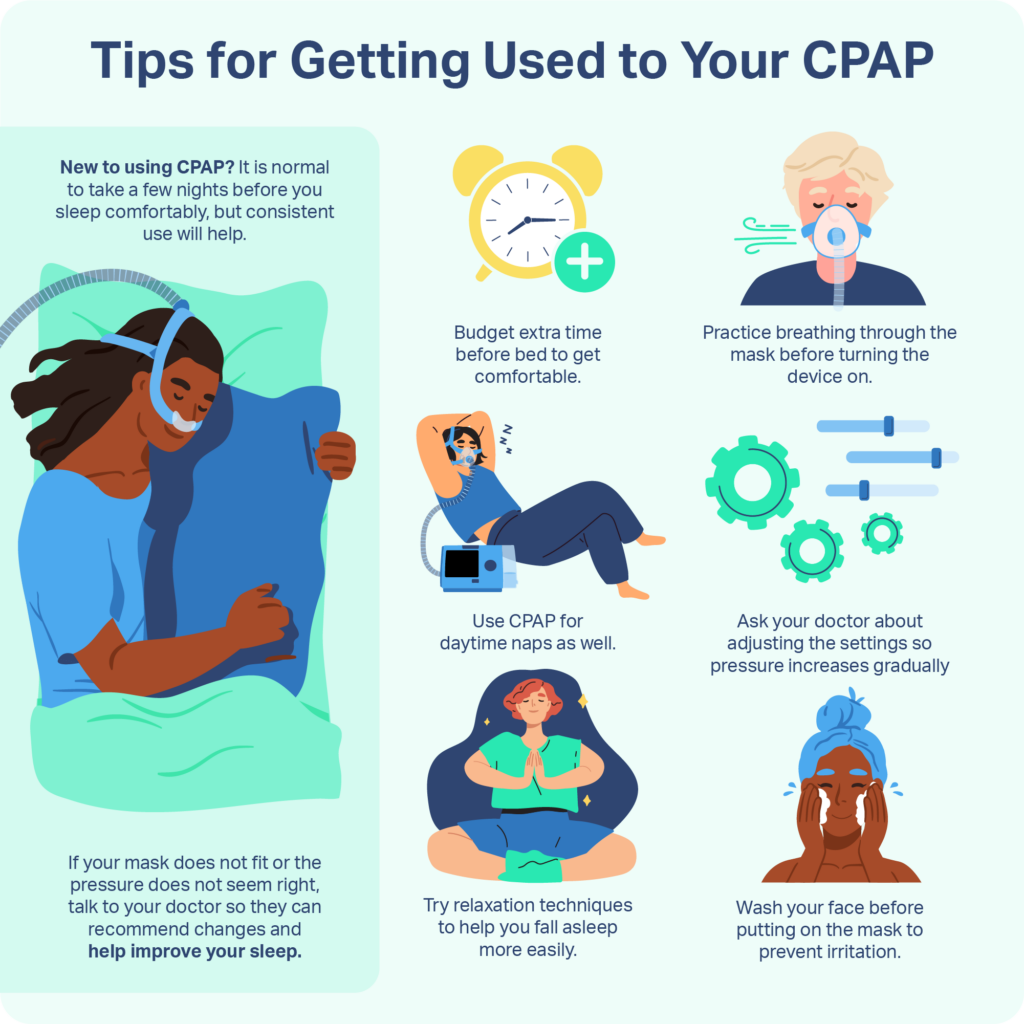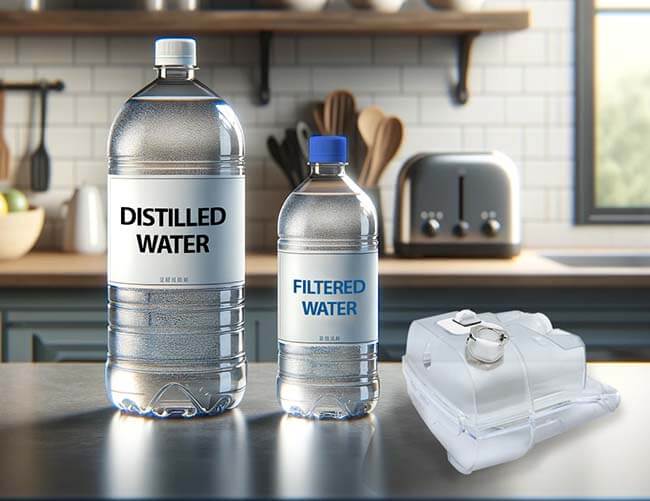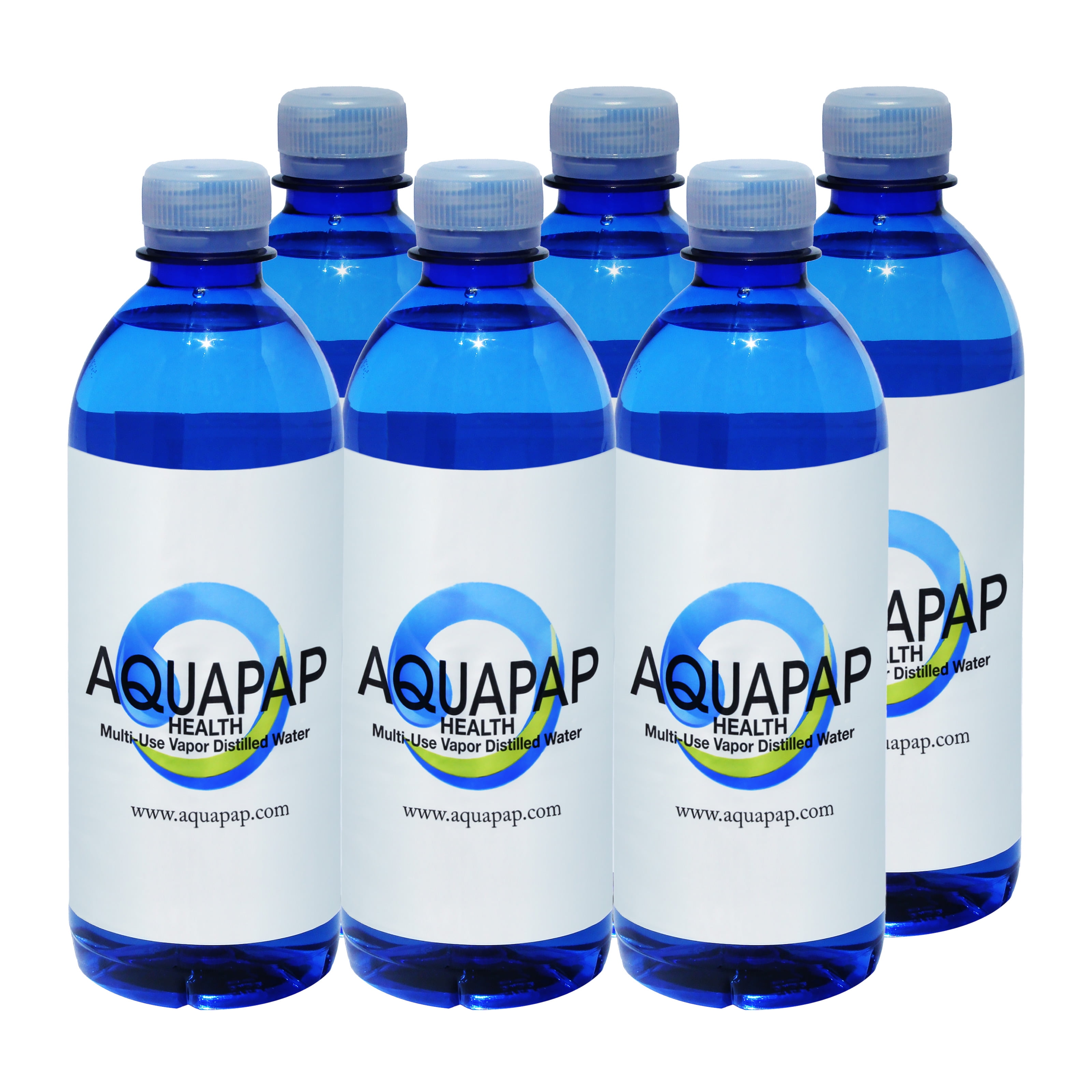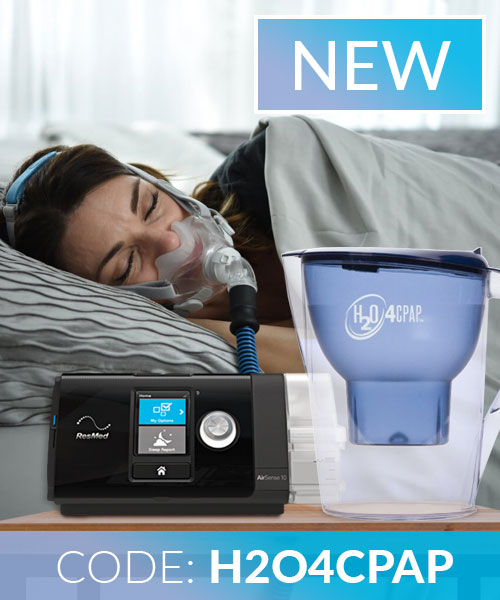Can You Use Bottled Water In Cpap

Imagine waking up refreshed, the sun gently streaming through your window, feeling ready to tackle the day. Now picture the opposite: a dry, scratchy throat, a lingering headache, and the persistent feeling of being utterly unrested, despite having spent the recommended eight hours in bed. For millions who rely on CPAP (Continuous Positive Airway Pressure) machines to treat sleep apnea, that morning experience can hinge on something as simple as the water they use in their humidifiers.
The question of whether you can use bottled water in a CPAP machine humidifier is a common one, and the short answer is generally yes, but with caveats. Using distilled water is still the gold standard recommended by most manufacturers and healthcare professionals for a variety of reasons. However, understanding the pros and cons of using bottled water versus distilled water can empower CPAP users to make informed choices that best suit their individual circumstances and ensure optimal therapy.
Understanding CPAP Therapy and Humidification
CPAP therapy involves wearing a mask connected to a machine that delivers a constant stream of air, keeping the airway open during sleep. This prevents pauses in breathing, a hallmark of sleep apnea. The consistent airflow, while crucial for preventing apneas, can also dry out the nasal passages and throat, leading to discomfort and potentially impacting adherence to the therapy.
That's where the humidifier comes in. Integrated into many CPAP machines, it warms and moistens the air before it reaches the user, mitigating dryness and improving comfort. This humidification relies on a reservoir of water that is heated to create vapor.
Maintaining proper hygiene and using the correct type of water are vital for optimal functioning and longevity of the humidifier. Using the wrong type of water can lead to mineral buildup and potentially introduce harmful bacteria.
Why Distilled Water is Preferred
Distilled water undergoes a process that removes virtually all impurities, including minerals like calcium and magnesium, as well as microorganisms. This purification method involves boiling water and then condensing the steam, leaving behind contaminants.
The primary reason distilled water is recommended for CPAP humidifiers is to prevent mineral buildup. Over time, tap water or even some types of bottled water can leave behind mineral deposits, known as scale, within the humidifier's water chamber and heating element. This buildup can reduce the humidifier's efficiency, potentially damage the machine, and shorten its lifespan. Moreover, mineral deposits can create a breeding ground for bacteria and mold.
According to the Sleep Apnea Association, using distilled water can significantly extend the life of your humidifier and minimize the risk of respiratory infections.
Bottled Water: A Viable Alternative?
While distilled water is the ideal choice, bottled water can be a suitable alternative in certain situations. However, not all bottled water is created equal. It's crucial to understand the different types of bottled water available and their potential impact on your CPAP machine.
Spring water, for example, is sourced from underground aquifers and may contain minerals. While these minerals are generally safe to drink, they can still contribute to mineral buildup in the humidifier. Similarly, mineral water is intentionally rich in minerals and is definitely not recommended for CPAP use.
Purified water is often a better choice than spring or mineral water. Purified water has undergone a treatment process to remove impurities, but the level of purification can vary. Some purified water is produced through reverse osmosis, a method that effectively removes most minerals, making it a closer substitute for distilled water. Check the label carefully to see how the water has been purified.
Pros and Cons of Using Bottled Water
Pros:
- Convenience: Bottled water is readily available in most locations, making it a convenient option when distilled water is not accessible.
- Potentially Cleaner than Tap Water: In areas with poor tap water quality, bottled water can be a safer alternative in terms of microbial contamination, although this is not its primary purpose in CPAP use.
Cons:
- Mineral Content: Many bottled waters contain minerals that can lead to buildup in the humidifier, although some are purified and have fewer minerals.
- Cost: Regularly purchasing bottled water can be more expensive than using distilled water, especially over the long term.
- Environmental Impact: The production and disposal of plastic water bottles contribute to environmental concerns.
Practical Considerations and Best Practices
If you choose to use bottled water in your CPAP humidifier, it's essential to follow certain best practices to minimize potential problems. First and foremost, always opt for purified water, and check the label for mineral content. Look for terms like "reverse osmosis" or "distilled" on the label.
Regularly clean your humidifier's water chamber with a mild soap and water solution. According to the American Academy of Sleep Medicine, you should clean the water chamber at least once a week. Rinsing it thoroughly with distilled water after washing can further help remove any residual soap or mineral deposits.
Consider using a vinegar solution to dissolve mineral buildup. Mix equal parts white vinegar and water, fill the water chamber, and let it soak for about 30 minutes. Then, discard the solution and rinse the chamber thoroughly with distilled water.
If you are traveling and only have access to tap water, consider using it in your CPAP humidifier for a short period. When you return home, thoroughly clean the humidifier with a vinegar solution to remove any potential mineral deposits.
The Bottom Line
While distilled water remains the preferred choice for CPAP humidifiers, bottled water can be a suitable alternative in certain circumstances, particularly when distilled water is not readily available. Choosing purified bottled water, regularly cleaning your humidifier, and monitoring for mineral buildup are crucial steps to ensure optimal therapy and prolong the lifespan of your CPAP machine.
Ultimately, the key is to prioritize both your health and the proper functioning of your equipment. By making informed choices about the water you use and maintaining good hygiene practices, you can ensure that your CPAP therapy remains effective and comfortable, allowing you to wake up feeling refreshed and ready to embrace each day.
